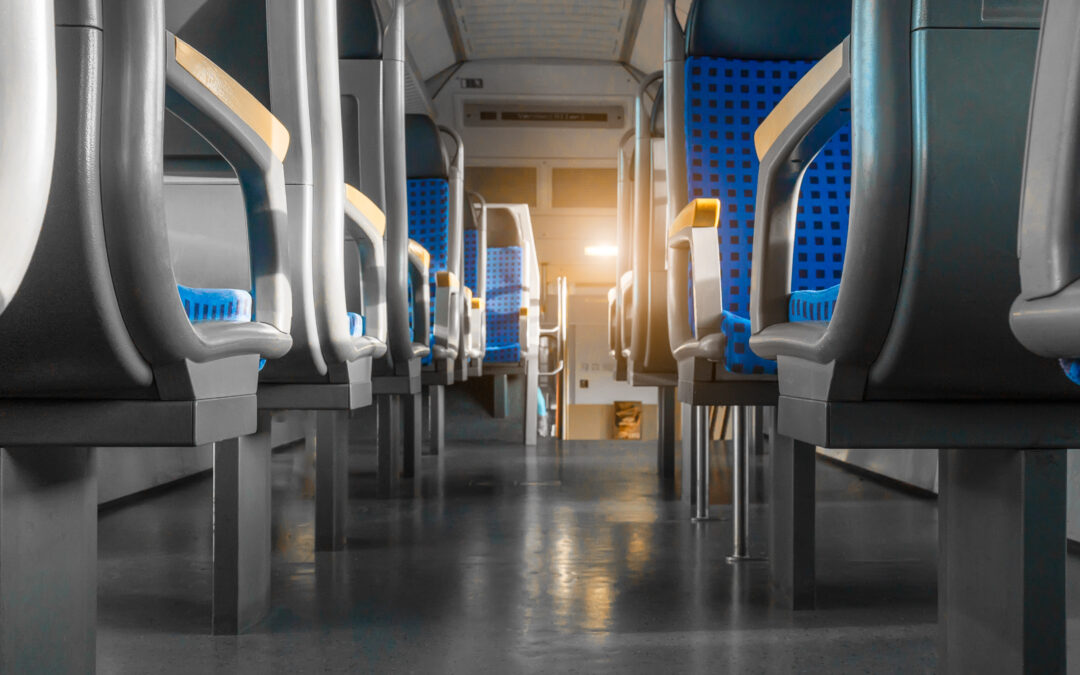People are always looking for ways to maintain a clean and sanitary living environment. One solution that has been gaining popularity in recent years is the use of antimicrobial coatings. These coatings are designed to kill or inhibit the growth of microorganisms, including bacteria, viruses, and fungi. And now, thanks to Dyphox, antimicrobial coatings are even being used to protect the public on public transportation – like buses!
In this blog post, we will explore the benefits of antimicrobial coatings and how Dyphox is bringing this technology to public transportation.
From the 52nd calendar week, the main contact areas in the buses of Regional bus Leipzig GmbH are treated with a so-called Dyphox coating.
The Dyphox project was created in 2010 as a spin-off from the University Hospital in Regensburg and has been in continuous development ever since. This also applies to the universal coating from there for use on dry and moist contact surfaces with a long-lasting effect.

The odourless, colourless and antimicrobial surface coating destroys almost all bacteria, fungi and viruses that are on the frequently used contact surfaces in the vehicle through a photocatalytic effect using oxygen. These include the handrails and handles as well as the door buttons.
“By complying with the hygiene rules and implementing the hygiene concept of the Leipzig regional bus, the risk of infection in the vehicles is already very low. With the use of the Dyphox coating, another building block for the safety of the passengers is realized, who can fully trust their public transport even in these times.” states District Administrator Henry Graichen.
The application concept and the organization of the treatment of all buses with the coating is the subject of a trainee project in the regional transport company. Under the guidance of a workshop manager, three young people who are training to become mechatronics engineers have given some thought to the sequence of bus feeding for coating and the coating areas in the bus. The result is a precise plan that will be implemented by mid-January 2021. Then the 156 vehicles of the transport company should be treated with the Dyphox coating.
Managing Director Andreas Kultscher is particularly proud of the work of those involved in the project: “I am delighted that our trainees can make such a contribution in dealing with the current pandemic situation, which also poses major challenges for public transport companies. The cooperation of the prospective automotive mechatronics technicians with the other structural units of the company is rather rare in such an important project and is therefore a real benefit for the training.”
Due to the long effectiveness of the antimicrobial coating substance, the financial and organizational effort is only necessary once. The total costs for the implementation of the project amount to approx. 27,000 euros. “It’s money well spent,” emphasizes Andreas Kultscher. “It’s about health protection for our customers and long-term trust in public transport and thus in sustainable transport models. Of course, our passengers are also asked to do this, and we urgently ask them to cooperate by complying with the hygiene rules, in particular by wearing a mouth and nose cover.”

